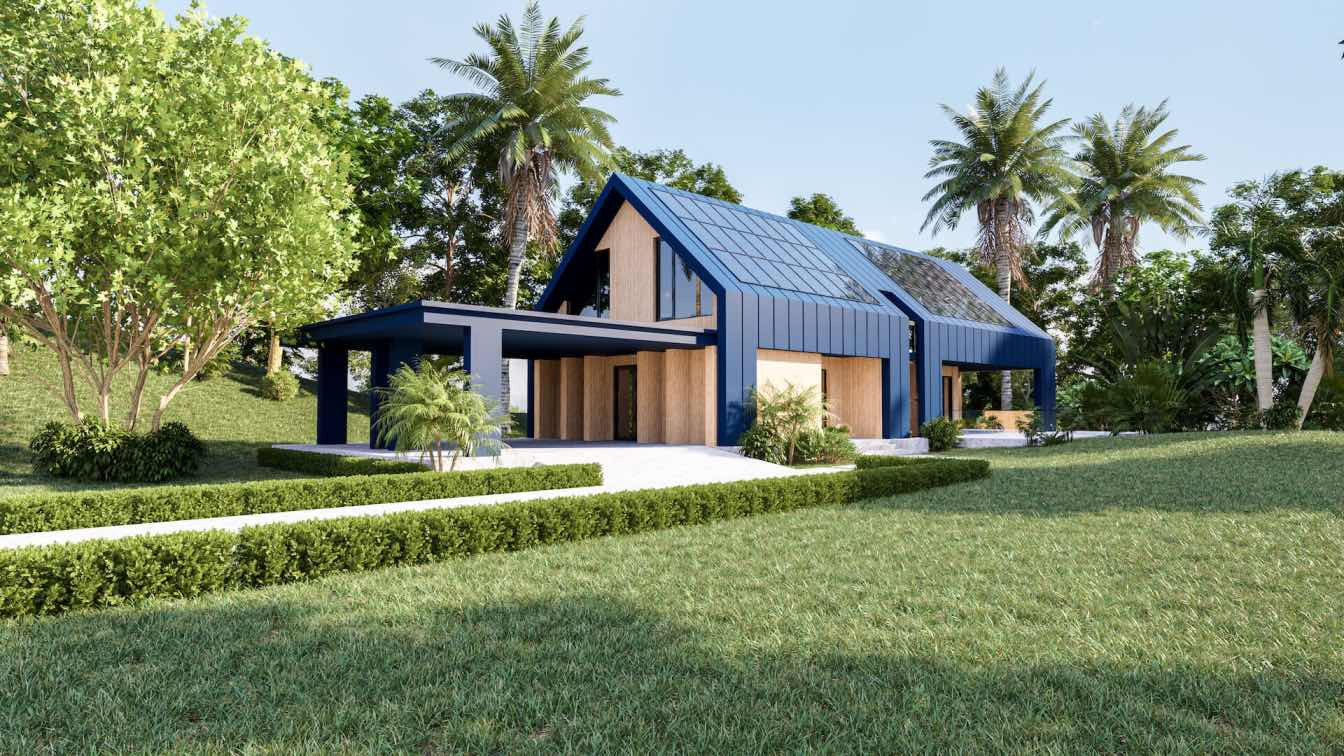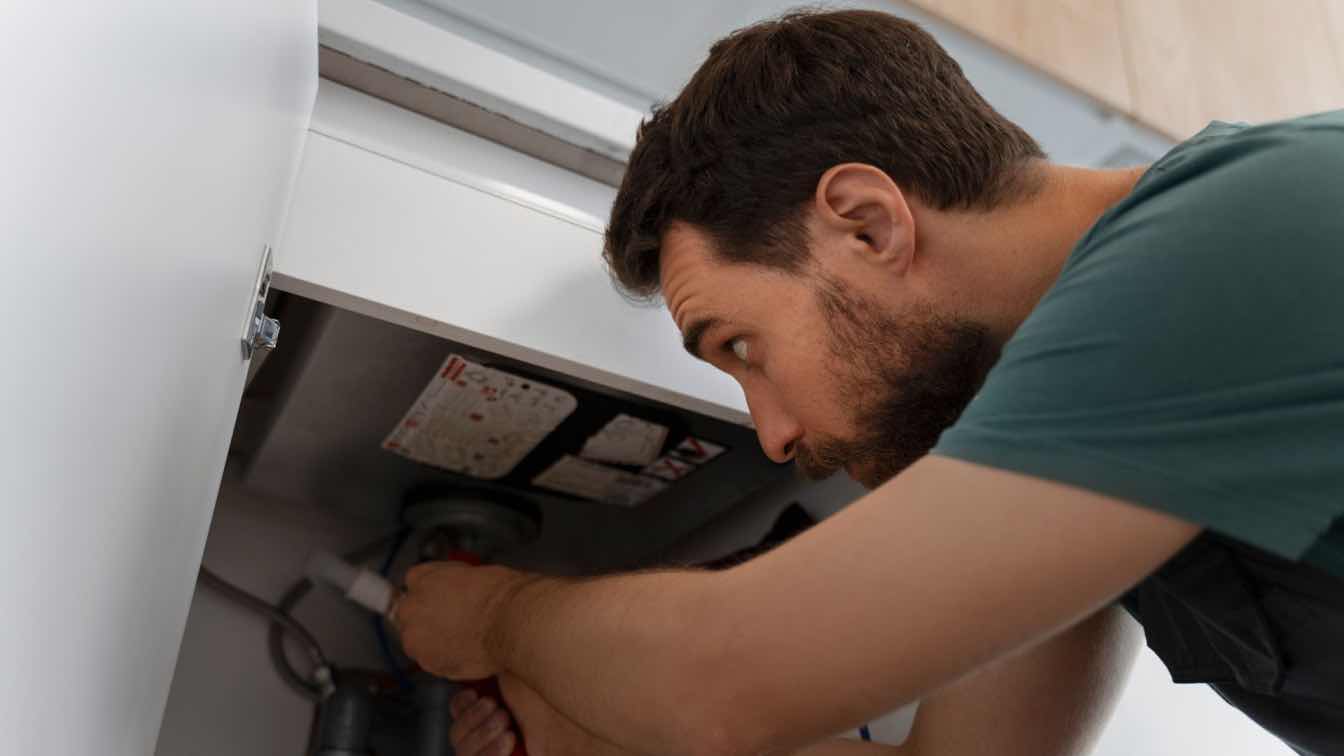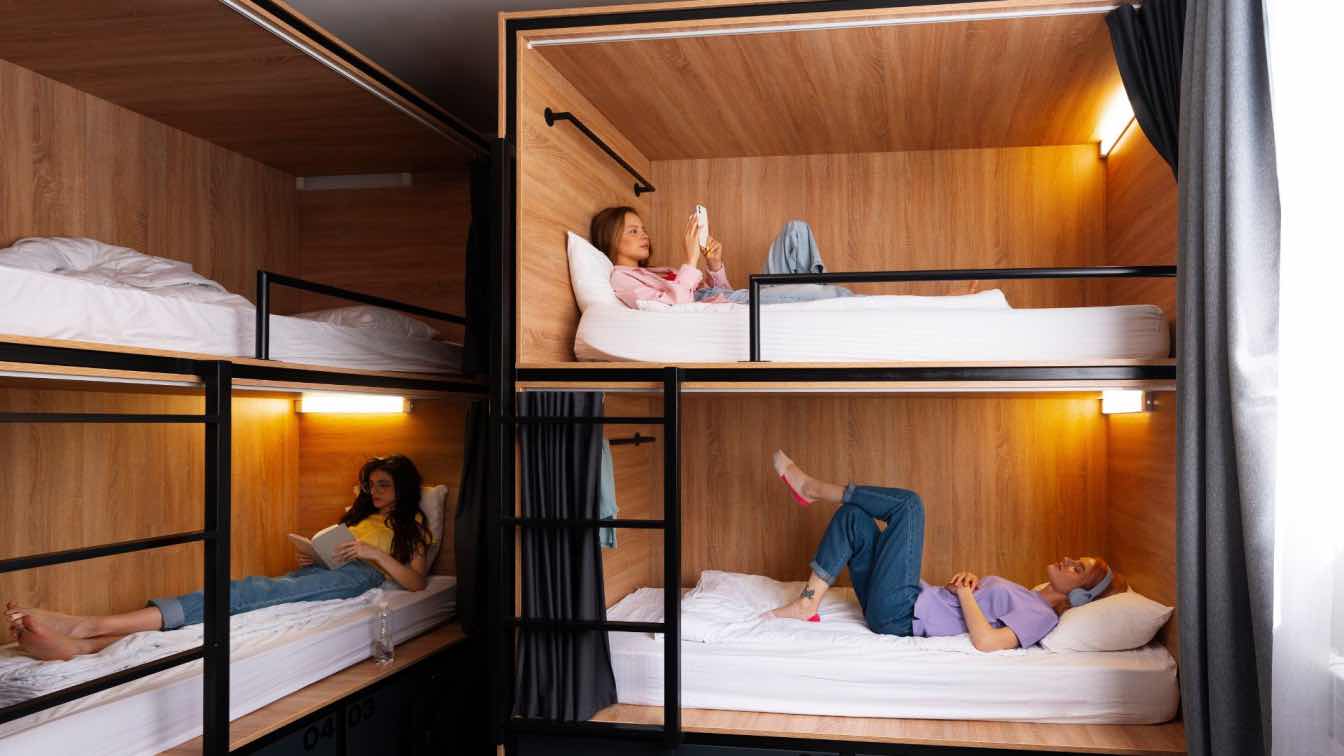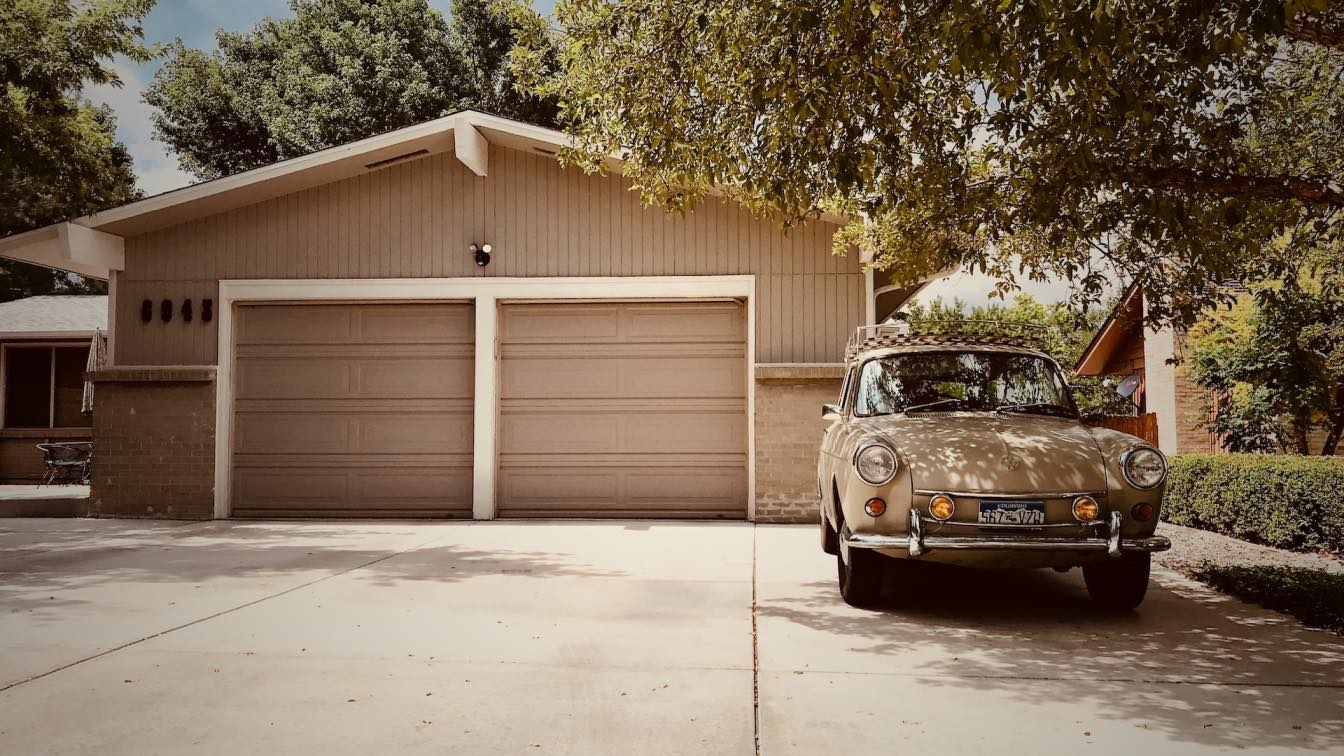It's time to be self-sufficient when it comes to energy to power your home. For the longest time, you may have been dependent on the electricity generated by power plants. Energy generated in this manner is unclean because it contributes to the emission of greenhouse gases. That makes it dangerous not only to you but also to the environment.
On the other hand, solar energy is clean, safe, and renewable. Thus, it’s worthwhile to consider residential solar energy solutions. This article details some of these solutions and how you can leverage them.
What Is Solar Energy And How Does It Work?
Solar energy is a form of renewable energy that comes from the sun. The sun's rays are converted into electricity by solar panels, which can power homes and businesses.
For your home, you can install either photovoltaic or thermal solar panels. If the panels are photovoltaic, it means your energy would be generated through the sun’s light and converted into electricity. If thermal, it'd be powered through a turbine enabled by the sun. For those with a penchant for hands-on projects, purchasing DIY solar panels can be an empowering first step toward embracing residential solar energy solutions. These solar panel kits come with everything you need to get started, including panels, battery storage, and inverters.
The efficiency of these solar cells depends on how much direct sunlight they receive, as well as their age and quality. Higher-quality cells have an efficiency of around 20%, while lower-quality cells have around 15% efficiency.
Solar Energy And Your Home's Efficiency
The first thing to consider before starting a solar panel installation project is cost. Installing a single solar panel for your home can cost between USD$4,000 and USD$6,000, depending on the size of your roof and how many panels are required for installation. The good news is that there are rebates available from both state and federal governments that could offset the cost of installation.
The next thing to consider is your home's efficiency score. This refers to the score given by the United States Environmental Protection Agency (EPA) that considers several factors, including your home's carbon footprint, electric use, and consumption.
Pitfalls To Avoid When Installing A Home Solar System
The installation process for a solar system is not as simple as it looks. There are many things to consider and pitfalls to avoid. For example, you should ensure the panels are installed in an area with direct sunlight and that they’re angled correctly.
Take note of the following when installing your solar panels:
- You need to have enough space for the panels, which can be difficult if you live in an apartment or condo.
- You should wire the panels correctly, which can be challenging if you don't know much about electricity.
- You need to know how much power your home needs so you don't end up with too many panels or not enough. You should also know how much energy each panel produces to determine how many panels you need.
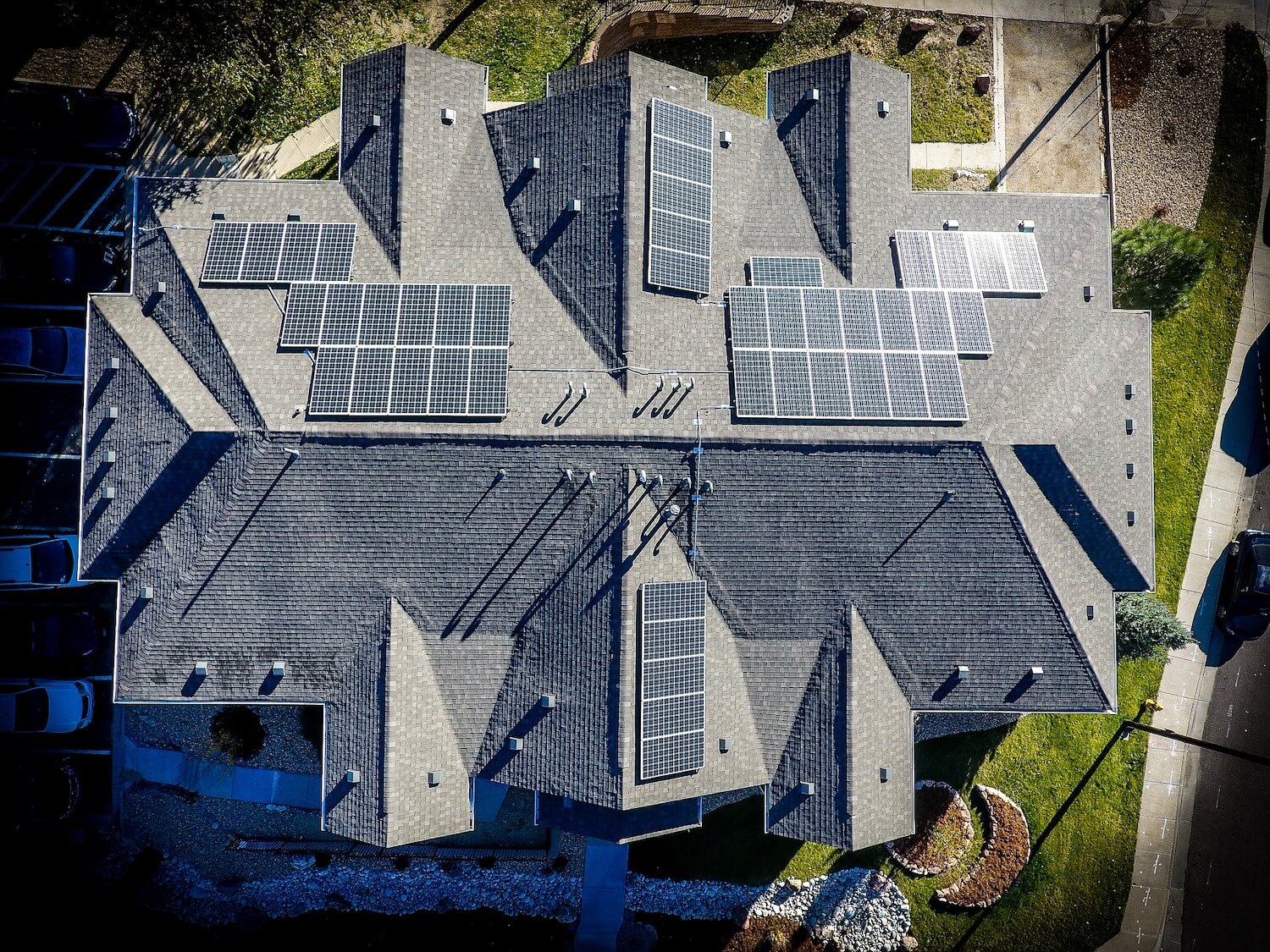 image © Charlie Wilde
image © Charlie Wilde
Tips To Maximize Solar Energy In Your Home
The following are some tips to help you get the most out of your solar energy:
1. Install Solar Panels On Your Roof
Solar panels have become more and more popular in the last decade primarily because they’re environment-friendly. They can generate clean energy for your household needs, saving you money on your electricity bill. To start being energy self-sufficient, contact a reputable solar power contractor to install solar panels on your roof.
2. Keep Your Panels Free From Dirt
To maximize home solar energy, your solar panels need to be clean and free from dirt, debris, and other materials that block sunlight.
One way to clean solar panels is to use a water-based solution that contains a blend of phosphates. This solution helps break down the organic material on the panel's surface. If you have an electric pressure washer, you may use it to clean off any dirt or debris on your panels.
3. Insulate Your Home
If your home is poorly insulated, it will use up more energy to heat it during the winter months and to cool it in summer.
Insulating your home to retain cool air during hot days and warm air during cold days will make it more energy-efficient. Your heating and cooling systems won’t require more energy than necessary. Consequently, the energy generated by your solar panels could be diverted to your home’s other energy needs.
4. Purchase An Inverter
Inverters convert direct current (DC) electricity produced by solar panels into alternating current (AC) electricity used in the home or sent to the electric grid.
The purchase of an inverter matching your system voltage and frequency is a significant investment for off-grid homeowners. It's also essential to consider what type of inverter will work best with your system if you're to maximize your energy.
5. Take Advantage of Financing Options
Many research companies offer financing options for solar panels. It’s good to know about these opportunities and take advantage of them if possible.
Some companies provide solar panel installation services, while others offer financing options. Some research companies specialize in energy efficiency and can help you save on your monthly electricity bills.
Conclusion
Solar energy is becoming increasingly popular as an alternative source of energy not only for commercial buildings but also for homes. Since it’s safe and sustainable, there’s no danger in maximizing solar energy for your household needs. You can leverage the tips above to make the best use of your clean energy.

